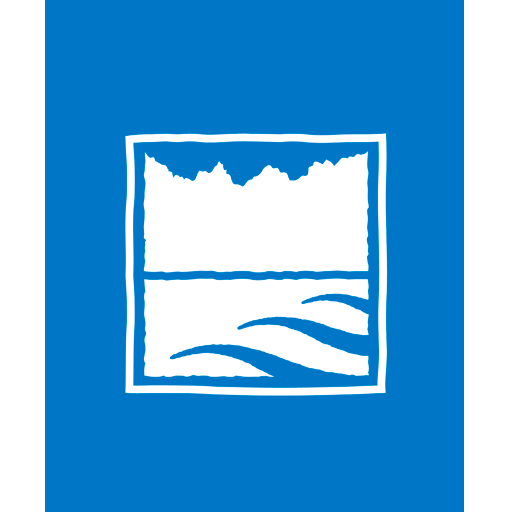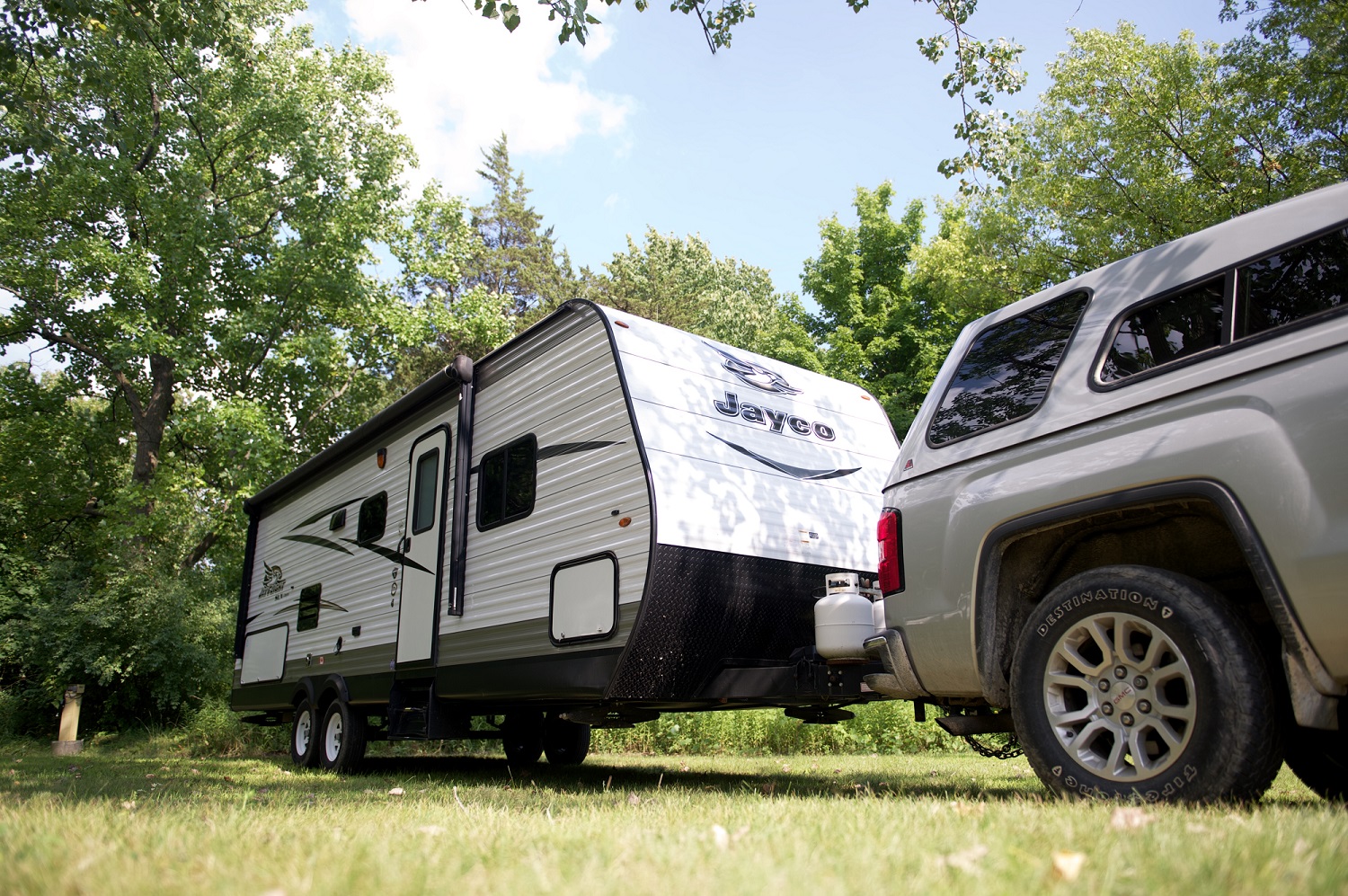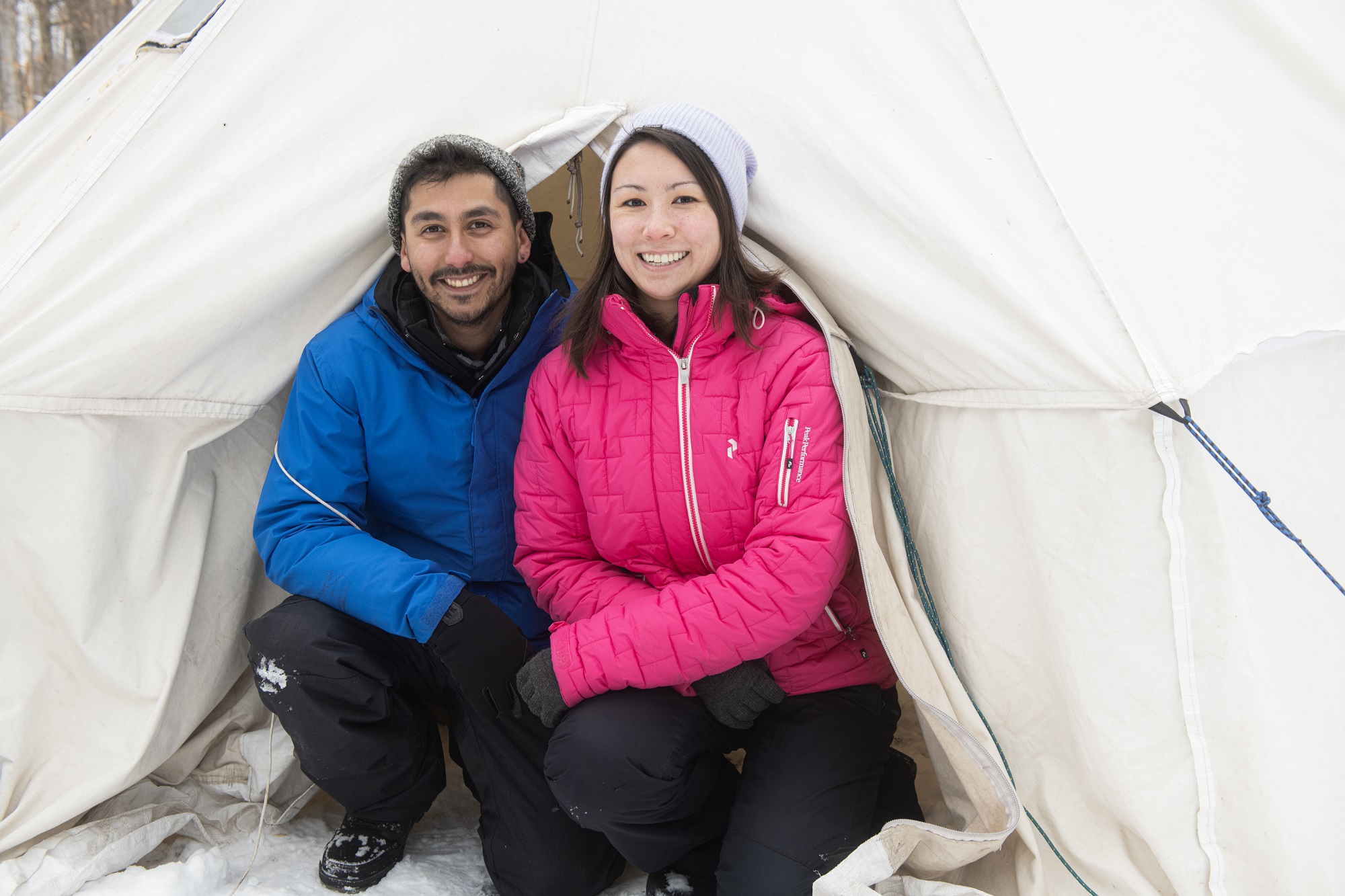Chuck Commanda grew up part of the Kitigan Zibi Anishinabeg, an Algonquin First Nation. As a young boy, he helped his grandparents make birchbark canoes. Now, years later, Chuck enjoys sharing his knowledge and showcasing his skills to the public.
Chuck recently attended the “Politics of the Canoe” workshop in Winnipeg, where he says much of the discussion focused on reconciliation through the canoe.
“The canoe is a shared experience that all Indigenous and non-Indigenous people can relate to. That makes it an effective tool for reconciliation.”
Re-learning traditional techniques
From Winnipeg, he went to Curve Lake First Nation, northeast of Peterborough, for his first birchbark canoe build of the year.
There, he is working with community members, including Coleman Williams, to bring back some of the knowledge that has been lost.
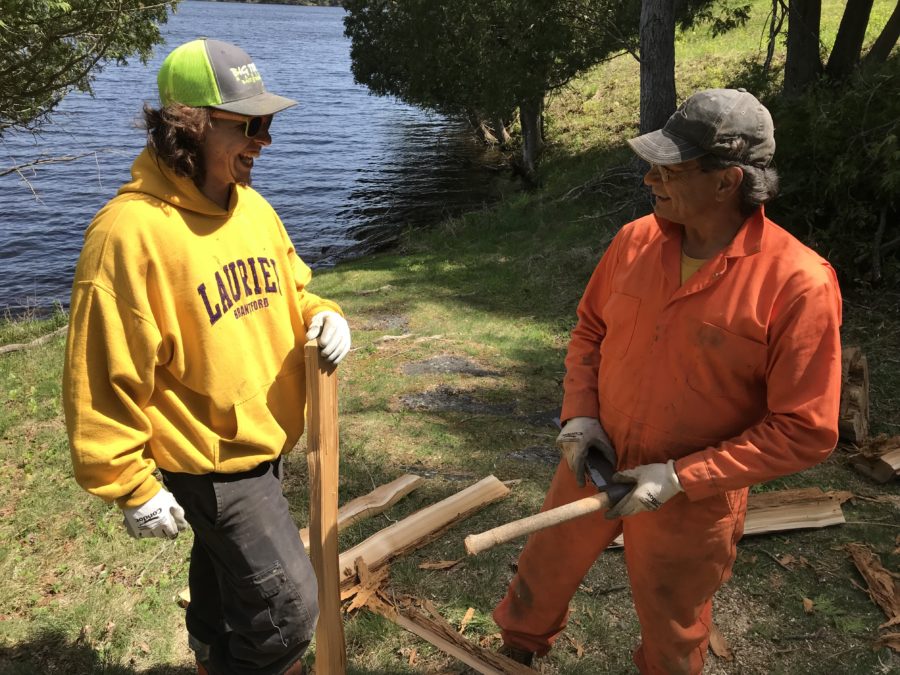
“My hope is that Coleman becomes the canoe builder in the community and passes it on to others.”
Chuck adds that there’s a real sense of pride in canoe projects like the Curve Lake build.
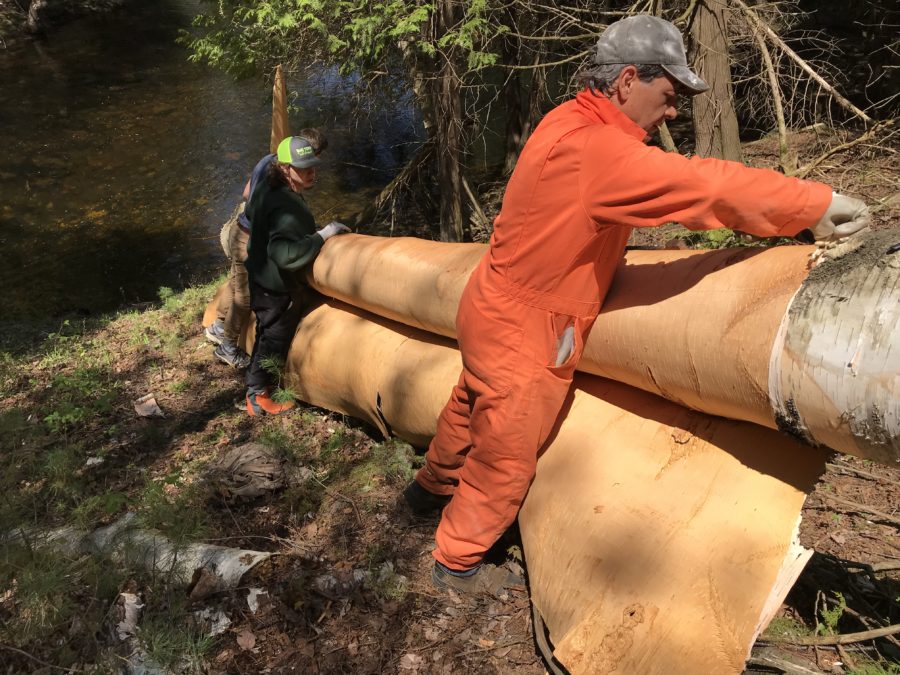
Once the Curve Lake canoe is finished, “the community hopes to then use the canoe as a teaching tool to participate in the wild rice harvest, for example.”
Coming soon to Murphys Point…
Chuck will be bringing Coleman to Murphys Point Provincial Park from July 6-19 for his next birchbark canoe build.
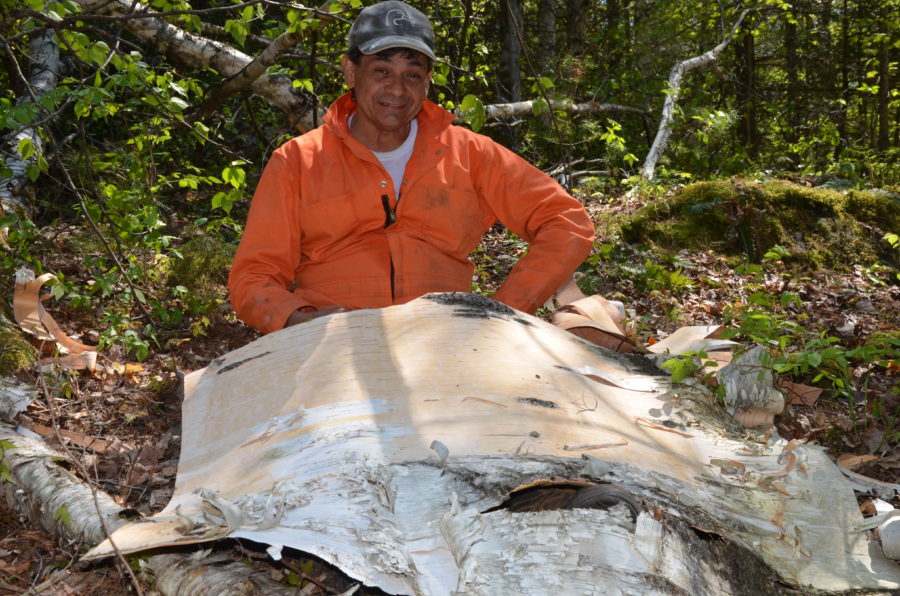
The master and apprentice will be building a 12-foot canoe at the main beach picnic shelter, daily from 10 a.m. to 3 p.m. All are welcome to drop by and engage with them.
All of the materials for the Murphys Point birchbark canoe build are coming from the park and surrounding area, including the birchbark, cedar for gunwhales, ribs and sheeting, ash for thwarts, spruce roots and gum for stitching and sealant and ironwood for wooden pegs.
Check out some of the prep work here:
This project is one of eight Indigenous recognition projects funded by the Ontario Parks 125th anniversary program. The focus of OP125 from an Indigenous perspective is to recognize who Ontario Parks is today: an organization committed to building and renewing positive relationships with our Indigenous partners moving forward.
